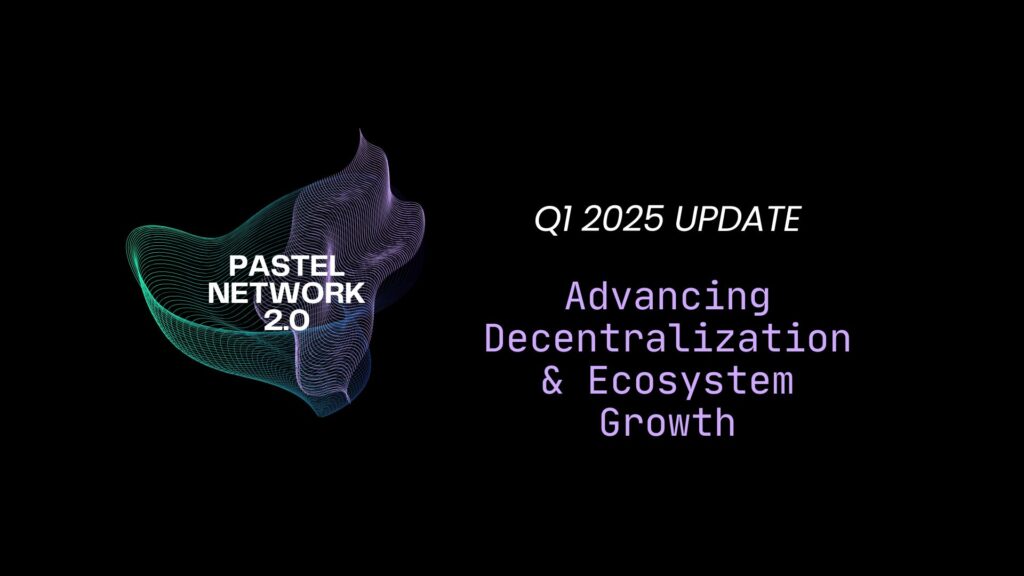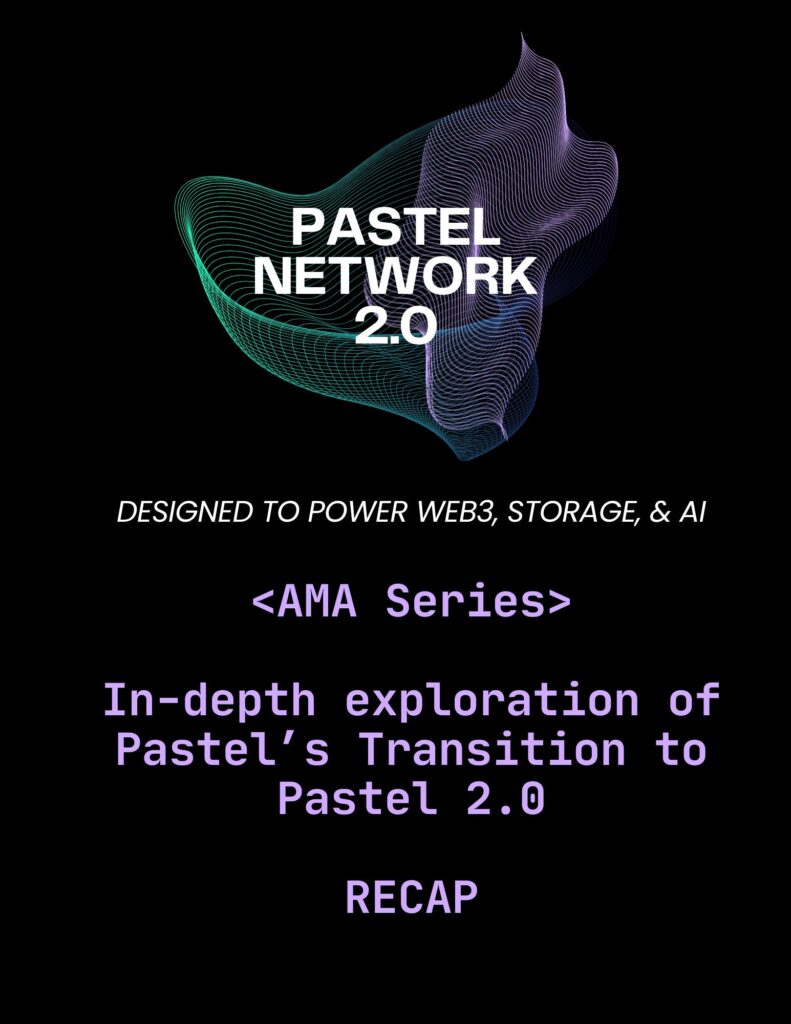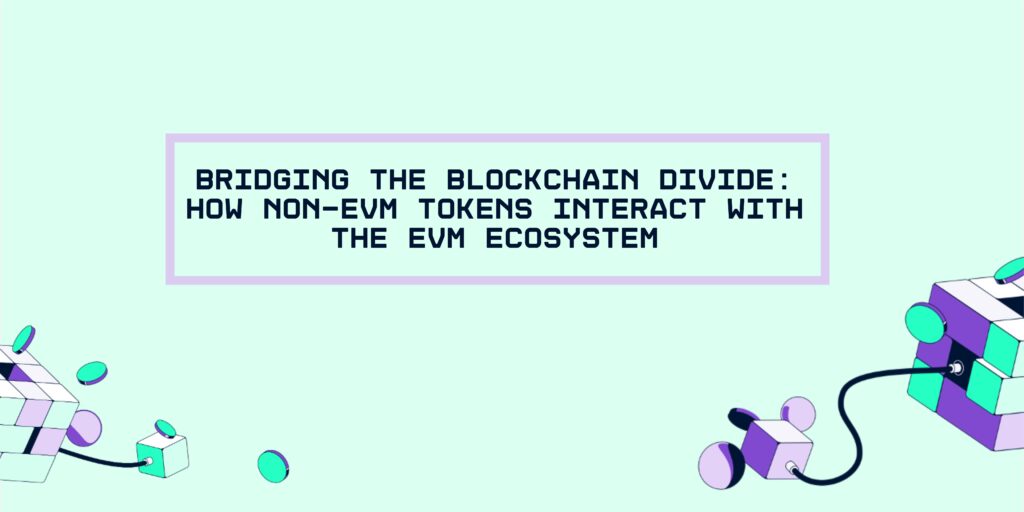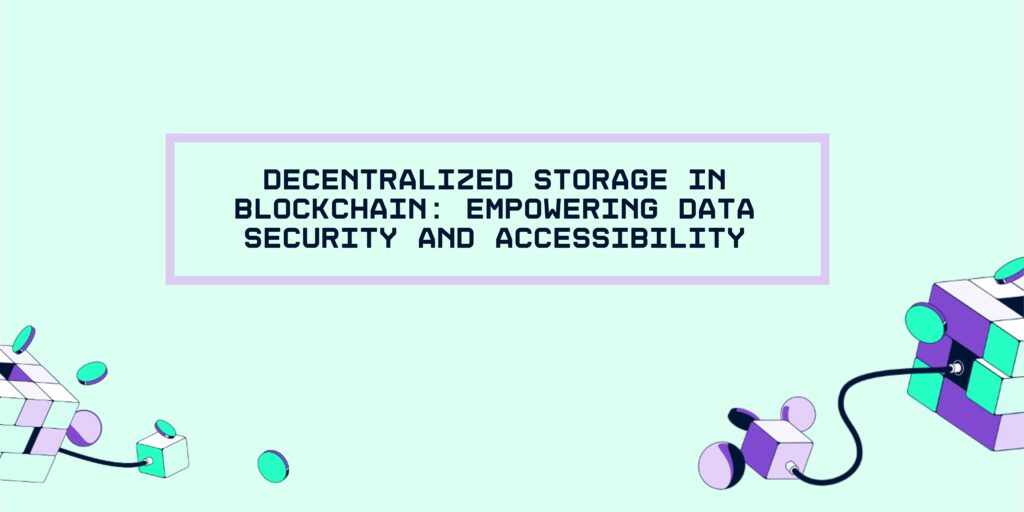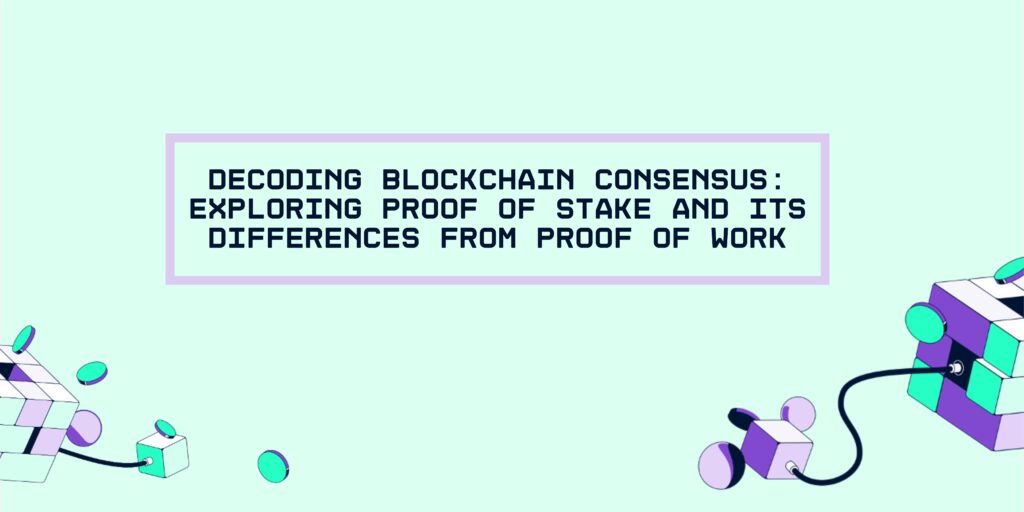Ushering in a New Era for Pastel Network
The much-anticipated Monet 2.0 Mainnet is now live, marking a significant advancement in Pastel Network’s journey. This groundbreaking update is not just a technical upgrade — it’s a giant leap forward for the entire Web3 ecosystem. The enhancements span from improved user functionality to robust Supernode infrastructure, and crucial upgrades to Sense & Cascade.
Important Note:Â The Monet 2.0 upgrade will activate at the Pastel Network Block Height of 575,000, or approx. November 5th, 2023 10:45 UTC. All previous client software will no longer be supported after this activation height.
What’s New in Monet 2.0?
The release heralds substantial improvements, specifically:
- Enhanced Supernode Infrastructure:Â Optimizations for better performance and stability.
- Major Cascade Updates:Â Introducing advanced features for our permanent NFT data storage solution, including Storage Challenges and preliminary self-healing functionalities.
- Sense Improvements:Â Refinements in our duplicate detection technology to foster more secure and unique NFT creations.
- OpenAPI Gateway: The gateway now supports more endpoints, asynchronous operations, independent deployment via Ansible, and a user-friendly GUI (coming soon).
Monet 2.0 demonstrates our commitment and passion for developing the best blockchain for Web3 infrastructure across the ecosystem. We dive deeper into each of the updates below.
Full stable release source code is available here.
Storage Challenges: Proof of Storage
One of the most compelling aspects of Pastel Network’s storage layer, Cascade, is the trustless decentralization of data storage. In Pastel, data is fragmented and randomly distributed across validators (Supernodes) operating the network. Monet 2.0 introduces Supernode Storage Challenges to further promote trustless data decentralization.
In simple terms, Storage Challenges involve Supernodes “quizzing†each other at random to ensure they are storing the required files, using a novel Proof of Storage mechanism. If a Supernode fails a Proof of Storage challenge or does not respond, they will be penalized through slashing and loss of network income.
These core concepts are fundamental to the broader Pastel Network:
- Trustless — Trust no network participant other than yourself, assuming that others may be unreliable or malicious.
- Distributed — Operations like Storage Challenges are performed by multiple active, randomly selected validators.
- Verify — The outcomes of Storage Challenge operations are verified by other fair network operators, and those verifications are further checked (Bob performs a task, Alice verifies the task to the network, Eve double-checks Alice’s verification).
- Open — Supernodes broadcast their Storage Challenges to the entire network, ensuring transparency.
- Deterministic — Each aspect of our Proof of Storage is deterministically executed as explicitly prescribed by the underlying protocol using XOR rankings and entropy from mining.
Incorporating Storage Challenges enables us to create a robust mechanism for continually verifying and validating the contents of Cascade. This ensures that Supernode operators either remain compliant or face penalties for violating the protocol (through slashing and network bans), further safeguarding the decentralization of files stored on the network.
For a deeper understanding of how Storage Challenges are implemented, we encourage you to review our Cascade Yellow Paper.
Preliminary Self-Healing Capabilities
Storage Challenges in Cascade ensure the ongoing permanence and decentralization of data across active and compliant Supernodes. But even with Proof of Storage, what if the number of active Supernodes holding the underlying, redundant pieces of a particular file changes to the point where the entire file cannot be sufficiently reconstructed? Understanding that data permanence is critical, Monet 2.0 initiates the first phase of Cascade’s ‘Self-Healing’ feature.
Cascade ensures that no data is ever lost. It does this by splitting files into smaller parts called “symbol files†and over-provisioning, or spreading them, across the network of Supernodes. Even if some parts go missing or certain Supernodes are no longer active, the system can recover by creating new copies from the extras it stored previously.
The real safety net here is in the system’s ability to make more pieces of data than are strictly necessary. This method means that even if several storage points fail simultaneously, there are always enough spare pieces of the file around to put it back together.
Furthermore, Cascade keeps a constant eye on all the Supernodes to make sure they are really storing what they are supposed to. If the system notices a piece of data is missing, it automatically makes a new one and finds a new home for it among the Supernodes.
Cascade is built to expect the unexpected and is always ready to fix itself. Cascade’s self-healing property minimizes the probability of a permanent, irrecoverable loss of data through intrinsic storage redundancy. This way, it offers a robust safeguard against data loss, ensuring files are always accessible and intact, no matter what happens in the network.
To better understand the concept of Self Healing in practice and follow our progress, we encourage you to review and contribute to our public repo.
Other Features in Monet 2.0
In addition to Storage Challenges and Self-Healing, we are excited to share that Monet 2.0 brings these features to Mainnet:
- Activation of Supernode Health and State Challenges:Â Similar to Proof of Storage, Health & State Challenges will guarantee the ongoing active and enabled state of each Supernode client on the network. Ensuring the reliability of the network, these challenges are protocols verifying the operational status of the Supernodes, akin to the Storage Challenges but for node functionality.
- Stabilization of Sense Protocol:Â Improvements to Chrome Driver usage, updates to Webtools 1.3, and implementation of additional tickets.
- Release of the OpenAPI Gateway:Â Production-ready Gateway will be deployed via the Mainnet with support for a number of new endpoints, asynchronous execution, Ansible support for independent deployment, and a graphical user interface for interaction.
Participate and Contribute
We’re committed to transparency and community involvement. The full stable release source code for Monet 2.0 is available here, and we encourage developers to explore and contribute to our growing ecosystem.
Rolling Out Monet 2.0
Our team has exhaustively developed and tested Monet 2.0 to ensure a seamless upgrade, thoroughly refining every component of new functionality and ensuring it can withstand various environmental and network state conditions. With its launch, we urge community members to upgrade their systems to the latest version by blockHeight 575,000.
As we celebrate this milestone, our resolve strengthens to continue pioneering advancements, reinforcing our position at the forefront of the digital asset revolution. Welcome to the new dawn of Web3.
About Pastel Network
Pastel Network is a fully decentralized, developer-friendly layer-1 blockchain serving as the preeminent protocol standard for non-fungible tokens (“NFTsâ€) and Web3 technology.
Pastel allows for the development of third-party decentralized-applications (“DAppsâ€) to sit on top of its Network, enabling developers to enjoy the scalable registration features, storage processes, and security of the broader ecosystem. Lightweight protocols such as Sense — which was built to assess the relative rareness of a given NFT against near-duplicate metadata — and Cascade — which conducts permanent, distributed storage of underlying NFT data — can be integrated cross-chain across various layer-1 blockchains, layer-2 protocols, or other third-party apps.
Pastel is managed by world-class developers, cryptographers, and technologists, supported alongside an experienced and extensive network of marketers, influencers, and third-party agencies. Pastel is backed by key stakeholders including Innovating Capital, a prominent venture fund.
For more information on Pastel Network, visit https://pastelnetwork.wpengine.com/.
Website | Telegram | Twitter | Instagram | Github | Reddit | Discord


